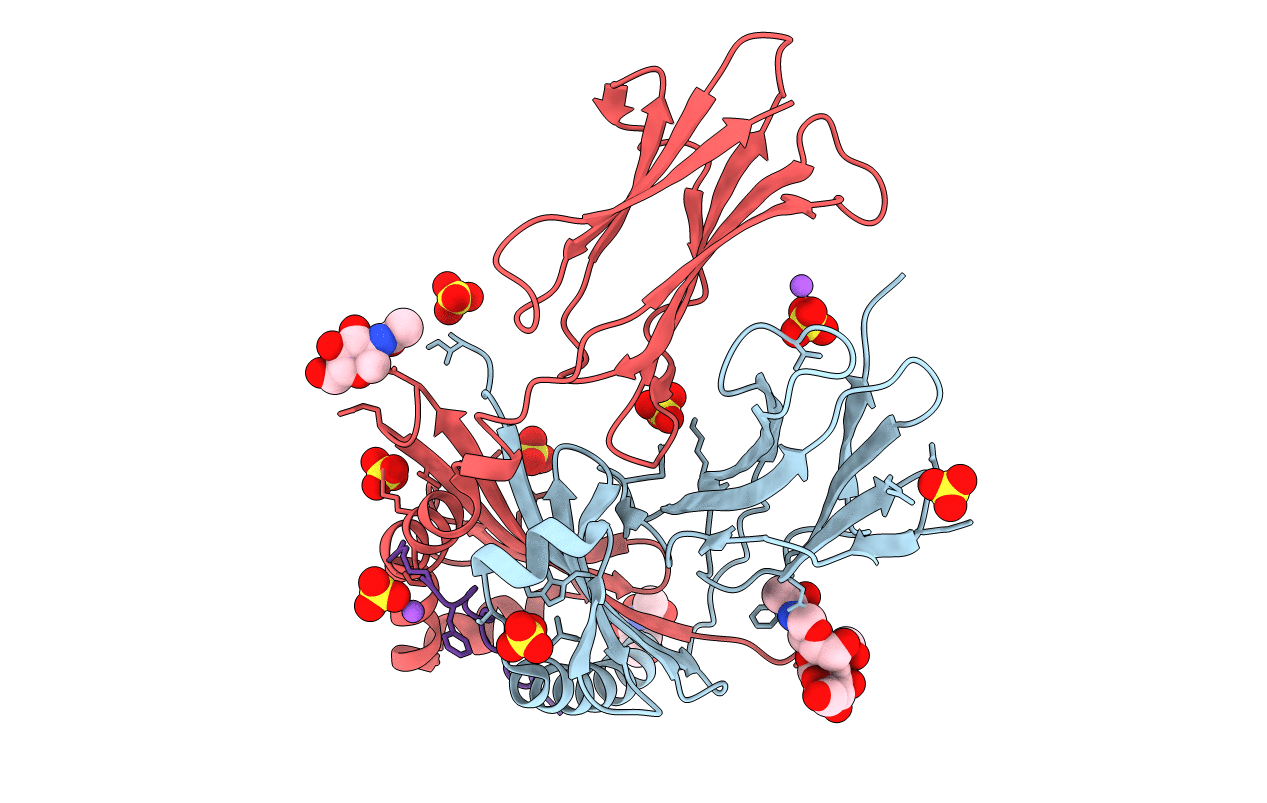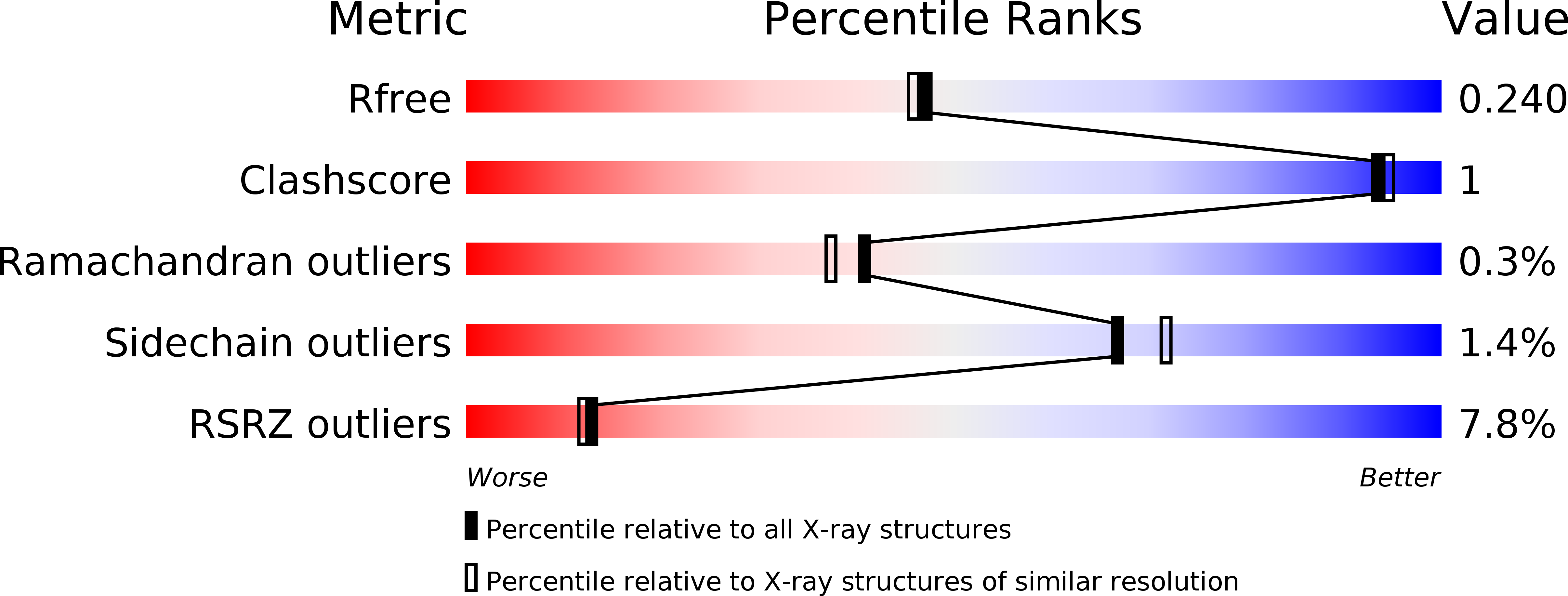
Deposition Date
2018-03-13
Release Date
2018-06-06
Last Version Date
2024-10-30
Entry Detail
Biological Source:
Source Organism(s):
Homo sapiens (Taxon ID: 9606)
HIV-1 M:B_HXB2R (Taxon ID: 11706)
HIV-1 M:B_HXB2R (Taxon ID: 11706)
Expression System(s):
Method Details:
Experimental Method:
Resolution:
2.00 Å
R-Value Free:
0.23
R-Value Work:
0.20
R-Value Observed:
0.20
Space Group:
P 31 1 2


